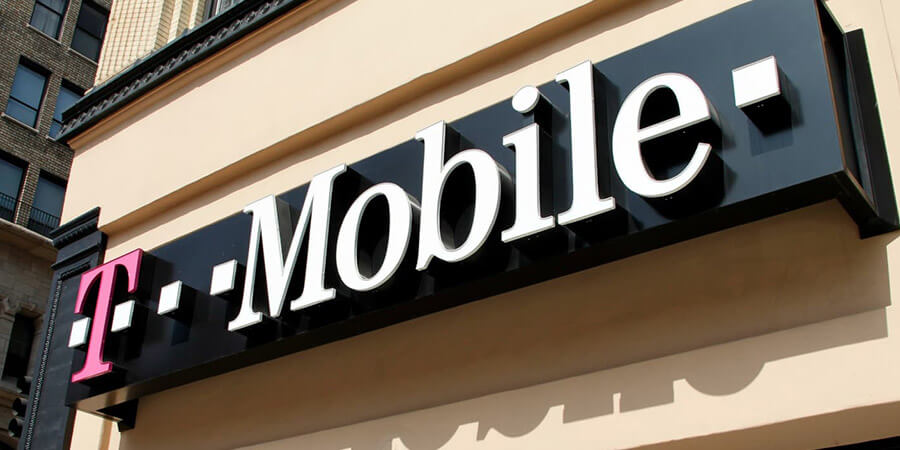T-Mobile and Nokia announced a landmark $3.5 billion agreement to accelerate the deployment of a nationwide 5G network. Nokia will provide T-Mobile with its complete end-to-end 5G technology, software and services portfolio, assisting the Un-carrier in its efforts to bring its 5G network to market for customers in the critical first years of the 5G cycle.
"We are all in on 5G," said Neville Ray, Chief Technology Officer at T-Mobile. "Every dollar we spend is a 5G dollar, and our agreement with Nokia underscores the kind of investment we're making to bring customers a mobile, nationwide 5G network. And together with Sprint, we'll be able to do So. Much. More."
As part of the agreement, Nokia will help build T-Mobile's nationwide 5G network with 600 MHz and 28 GHz millimeter wave 5G capabilities compliant with 3GPP 5G New Radio (NR) standards.
"Nokia and T-Mobile will advance the large-scale deployment of 5G services throughout the United States," said Ashish Chowdhary, Chief Customer Operations Officer, Nokia. "This is a testament to our companies' strong and productive working relationship, one which has produced several important technological milestones in recent months, and which now allows us to make 5G a commercial reality."
5G promises to enable faster speeds, massive connectivity, decade-long battery life for sensors and super-responsive and reliable networks for customers. This will unleash on-demand virtual reality (VR) and augmented reality (AR) experiences, driverless vehicles, medical monitoring, advanced industrial automation services, and so much more - all requiring ubiquitous low latency connectivity.
T-Mobile will leverage multiple products across Nokia's end-to-end 5G technology, software and services portfolio, including commercial AirScale radio platforms and cloud-native core, AirFrame hardware, CloudBand software, SON and 5G Acceleration Services.
Using 5G, Nokia and T-Mobile will develop, test and launch the next generation of connectivity services that will cover a wide range of industries, including enterprise, smart cities, utilities, transportation, health, manufacturing, retail, agriculture and government agencies.










